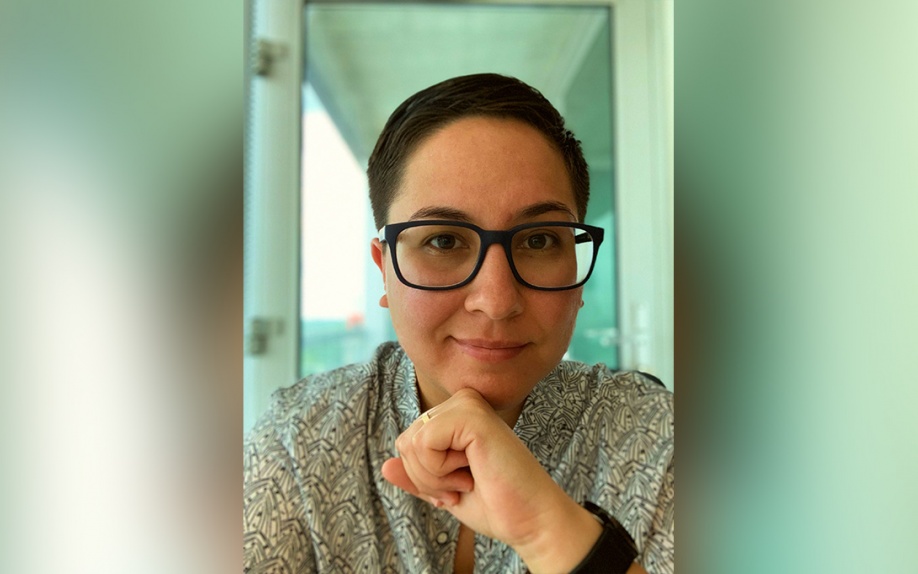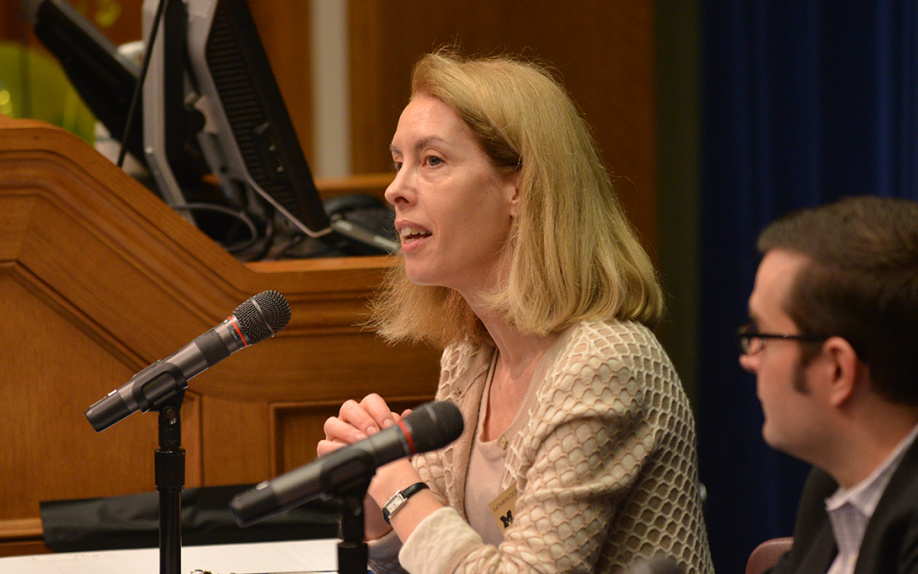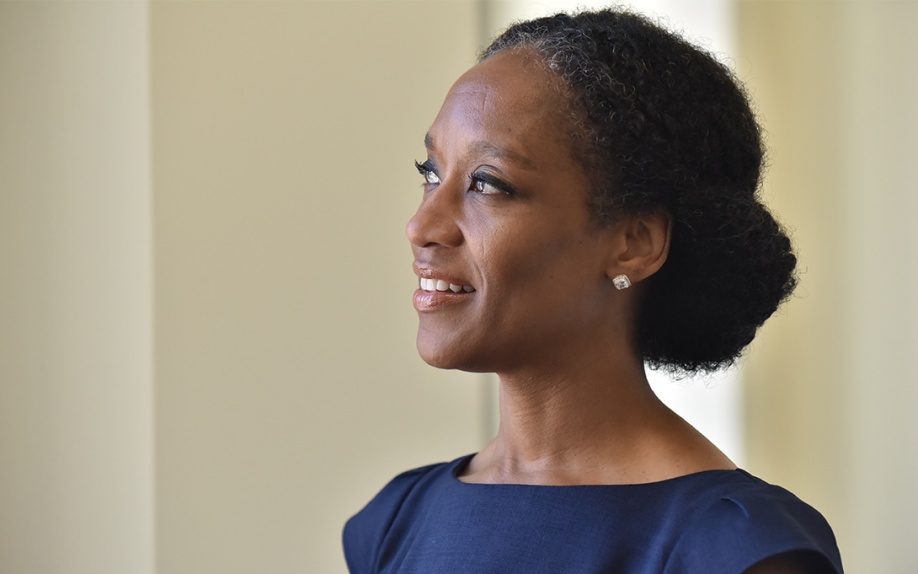U-M resources and organizations
- Diversity, Equity & Inclusion: The U-M office responsible for promoting and maintaining diversity, equity, and inclusion.
- Division of Public Safety & Security (DPSS): DPSS offers a variety of services, including those of a fully accredited police force. From responding to calls and providing event security, to fingerprinting and ride-alongs, our comprehensive services help you study, work and live in a safer and more secure campus environment.
- The Ford School emergency fund is designed to provide financial assistance to Ford School students who face an emergency situation. To apply, students should email [email protected]. There are other supports as well. For graduate students, Rackham has Emergency Funds, and for undergraduate students, the Office of Financial Aid has emergency assistance. Emergency funding for both undergraduate and graduate students may also be available from the Dean of Students Office or CEW+. Finally, we encourage students to take advantage of the University's Maize & Blue Cupboard.
- Services for Students with Disabilities (SSD) supports matters concerning access and support. For more Information: ssd.umich.edu
- The University of Michigan is committed to advancing the mental health and well-being of its students. We acknowledge that a variety of issues directly impact students’ academic performance. If you or someone you know is in need of support, counseling and mental health services contact Counseling and Psychological Services (CAPS) and/or University Health Service (UHS).
- The Office of Student Conflict Resolution assists students in resolving conflict peacefully, including articles with tips and tools to manage and resolve conflict between roommates, in residence halls, within student organizations, and even conflict with the university.
- The Expect Respect Campaign encourages and supports a respectful, inclusive and safer campus community. Their site includes multiple choices for ways to report hate crimes, bias incidents, and other campus safety concerns. If you witness or experience conduct that discriminates, stereotypes, excludes, harasses, or harms anyone in the U-M community, please report it. There are online, phone, and in-person reporting options at Expect Respect: Report an Incident.
- The Spectrum Center is committed to enriching the campus experience and developing students as individuals and members of communities using sexual orientation and gender identity and expression as our framework. For more Information: spectrumcenter.umich.edu
Report incidents
- Campus Climate Support: The Division of Student Life has a group of professional staff, called the Bias Response Team, who focus on response to and management of bias incidents involving U-M students.
- Harassment and Discrimination Reporting Form
- Sexual Misconduct Reporting & Resources: The University of Michigan is committed to preventing sexual misconduct and offering support to those who have been harmed. The Sexual Misconduct Reporting & Resources website provides tools and resources to help understand what constitutes sexual misconduct, the types of awareness and response training that are available, and details on the reporting process if you've experienced sexual misconduct.
- IT User Advocate: Works with the University of Michigan community to ensure that U-M information technology policies and guidelines are followed and responds to reports of abuse and misuse of U-M IT resources.
- The Office of the Ombuds is a place where student questions, complaints, and concerns about the functioning of the university can be discussed confidentially in a safe environment. The Ombuds Office is also a confidential, impartial, informal, and independent resource for information or conflict management that serves all faculty members of the University of Michigan Ann Arbor campus community.


